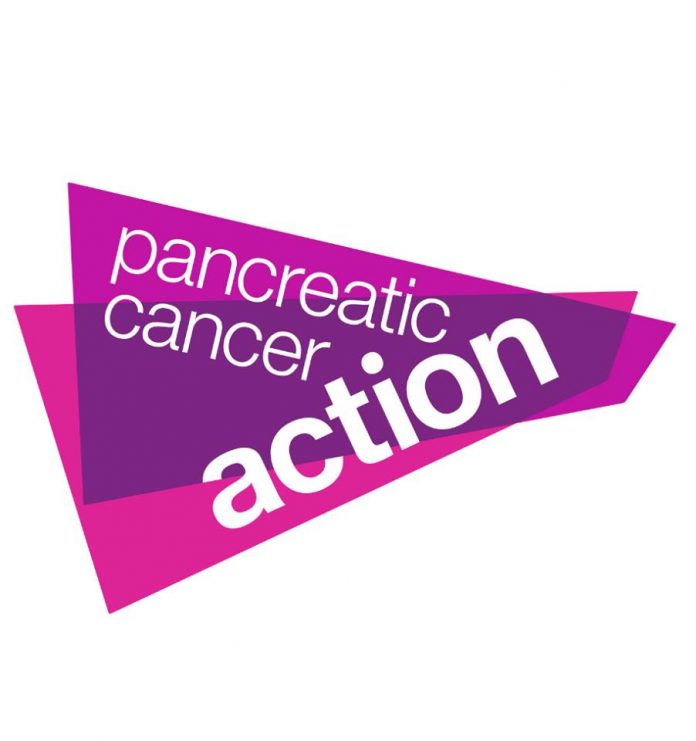A new research study has been published which predicts the death rates for major cancers across Europe in 2019. Ten cancers, including pancreatic, were included in the study which examined six countries and Europe as a whole, including the UK.
The researchers looked at men and women separately and also split the results by age group to see differences between older and younger people.
Cancer mortality rates, also known as death rates (the number of deaths per 100,000 people in a population over a year), have been calculated using population numbers and current cancer trends.
The good news is that cancer death rates are expected to fall across Europe for both men and women. The UK has, for many decades, had worse cancer outcomes then other countries but now seems to have improved and mostly closed the gap. This means that the chances of dying from cancer are at an all time low, but deaths remain high as the population rises, and in particular as the number of older people increases.
Unfortunately, not all cancer death rates are decreasing for men and women across all countries. Lung cancer death rates will continue to rise in women and breast cancer death rates will slightly increase in Poland. The most alarming finding of the study, however, is for pancreatic cancer. Death rates in males will remain relatively stable or show a slight increase, but in females the rise will be greater. Pancreatic cancer is the only major cancer site where death rates will increase across Europe.
Why are pancreatic cancer death rates increasing?
Researchers carrying out the study commented part of the increase may be due to tobacco smoking and increases in the number of people who are over weight or diagnosed with type 2 diabetes. All of which increase the risk of getting pancreatic cancer. Furthermore, as one of the researchers, Professor Carlo La Vecchia explained, pancreatic cancer receives very little research funding into its prevention, detection and treatment.
Other cancers, such as breast or prostate cancer have benefitted from a high level of media coverage due to the increasing number of survivors and famous faces backing campaigns. Pancreatic cancer has a low survival rate, around 7% of people diagnosed survive to 5 years and therefore there are fewer people able to press for change and champion the cause. The survival rate has barely changed in decades and awareness of the disease is low.
Dr Ellie Cannon tweeted about the research, “Pancreatic #cancer is the only form where death rates are rising. This disparity in survival rates for pancreatic cancer is the reason I work with @OfficialPCA and will continue to support @AliStunt in her efforts to change this inequality.”
Pancreatic Cancer Action is committed to changing these statistics so that more people are diagnosed early and receive the life saving treatment they need. They aim to act as a voice for people affected by pancreatic cancer and their loved ones to push for much needed change. The charity fund research into early diagnosis, carry out national awareness campaigns, provide free patient information and create free e-learning modules for healthcare professionals. For further information or support please visit www.panact.org







